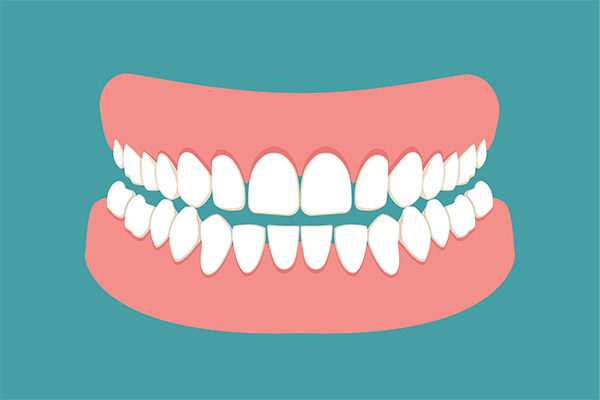


 Denture care is an essential part of a healthy lifestyle, but few people know the best way to care for their teeth. Denture hygiene is just as important as brushing and flossing your natural teeth! What are dentures? How do dentures work? What types of dentures are there? How do I clean them? Who can benefit from using dentures? These are all questions that you might ask yourself when considering dentures. Let's answer these questions one by one so that you have a better understanding of how to maintain your oral health with or without conventional teeth! Below, we'll answer all of your denture FAQs so you can be sure that your dentures last as long as possible.
Denture care is an essential part of a healthy lifestyle, but few people know the best way to care for their teeth. Denture hygiene is just as important as brushing and flossing your natural teeth! What are dentures? How do dentures work? What types of dentures are there? How do I clean them? Who can benefit from using dentures? These are all questions that you might ask yourself when considering dentures. Let's answer these questions one by one so that you have a better understanding of how to maintain your oral health with or without conventional teeth! Below, we'll answer all of your denture FAQs so you can be sure that your dentures last as long as possible.
What are dentures?
Dentures are artificial teeth that replace missing teeth. Dentures are removable replacements for your natural teeth and roots that can chew food and help with speech and oral hygiene. Dentures can either be full dentures, meaning they replace natural teeth or partial dentures. Partial dentures are used to replace some missing teeth and help restore your face and jawline shape.
How do dentures work?
A denture is made from a flexible material that allows the denture to move in your mouth to help with chewing and speaking. Dentures can be held in place using denture adhesive, denture tabs, denture clips, or denture relines. The proper denture care of dentures is essential for their long-term integrity and the health of our gums.
What types of dentures are there?
There are three types of dentures: conventional dentures, implant-supported dentures, and fully-fixed dentures. Conventional dentures have teeth joined with wires to plastic baseplates or metal clasps that keep them attached to the gums. Conventional dentures help people who have lost all their natural teeth because they have customized dentures to fit their mouth and teeth. Implant-supported dentures have implants attached to the metal posts in our gums. The denture rests on the implant and can provide a more secure fit for dentures. Implants also help with the retention of the denture, making them feel more like natural teeth. Fully-fixed dentures are dentures that don't move and won't need to be removed when eating. This type of denture is attached directly to the jaw and doesn't require denture adhesive or clips, though they do have metal clasps for retention purposes.
How do I clean them?
Dentures are very easy to clean. Put denture cleaner in a bowl of water and gently rub your dentures with a denture brush or denture sponges, which you can buy at most pharmacies or online. Don't use toothpaste or mouthwash because they can damage the denture. Always remove dentures before going to bed, and always make sure dentures are dry before putting them back in.
How do dentures benefit me?
Dentures have the following benefits:
- They help you chew food and speak clearly. Some people may also experience constant jaw or mouth pain without steady dentures due to an unbalanced bite.
- They give you your natural smile back! When denatured teeth look good and feel good, it makes you more confident in social situations and can improve your self-esteem.
Who can benefit from dentures?
If you've lost all your natural teeth and want to improve your chewing and eating experience, then dentures are perfect for you! Anyone missing more than three teeth can also benefit from dentures.
Recent Posts
It might take some time adjusting to your new smile and the proper denture care you should be doing. This is completely normal, but with a bit of practice and some education, you’ll begin to feel like you don’t even have dentures, and everything will be second nature. With that comfort, some people begin to…
Denture care is one of the most essential steps in preventing gum disease. Gum disease can lead to tooth loss and other health issues like heart disease, stroke, and diabetes. Dentures are a common and vital dentistry tool dentists use to repair tooth damage, fill cavities or even replace missing teeth. Dentures play a considerable…
When you have dentures, you must remember this, proper denture care starts with treating your dentures just like natural teeth. You should keep your dentures clean and shiny to help maintain your new smile. Keeping your dentures and mouth clean will help to extend the life of your new smile! Here are four tips on…

